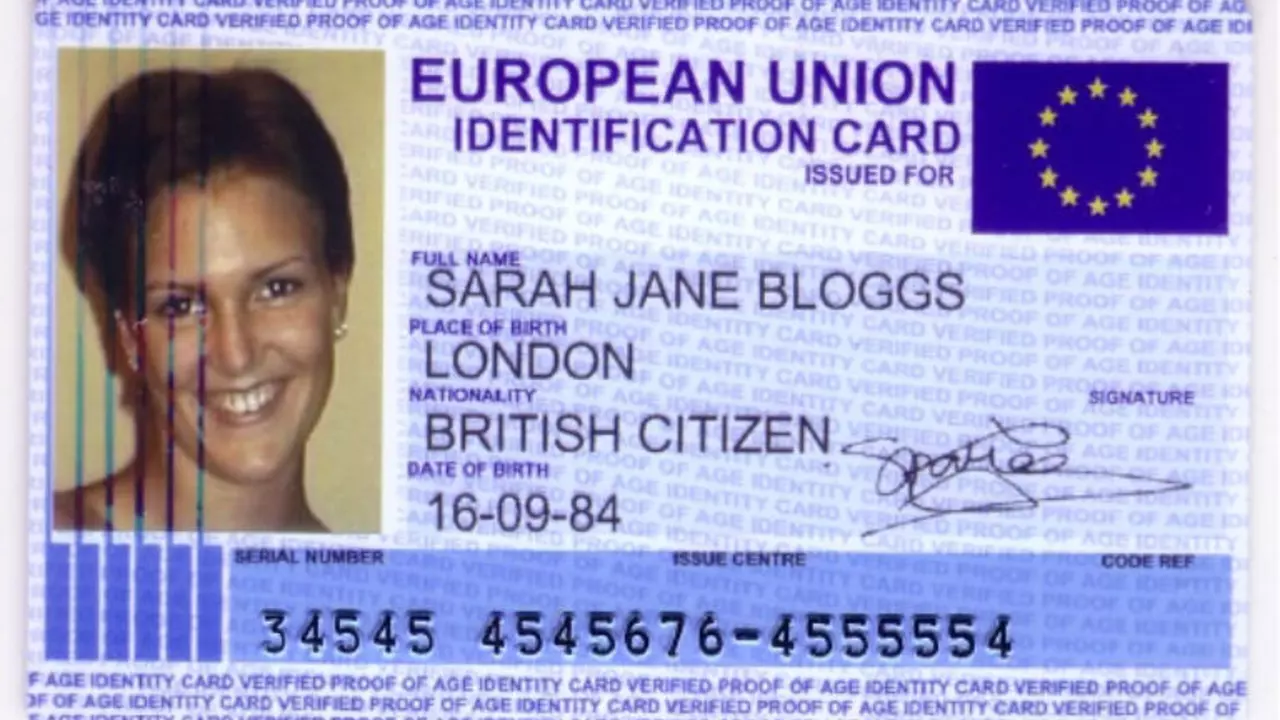If you’ve ever wondered which laws actually matter to your daily life, you’re not alone. From filing a case in the Supreme Court to meeting corporate compliance rules, the Indian legal landscape can feel overwhelming. This guide breaks down the most common requirements, gives you clear steps to follow, and highlights recent court decisions that could affect you.
Public Interest Litigation is a tool anyone can use to protect the public good. First, draft a petition that states the issue clearly and backs it up with facts and documents. Next, submit the petition to the Supreme Court registry; you’ll need a handwritten copy and a digital version. After filing, the Court may issue a notice to the concerned party and set a hearing date. Be prepared to present evidence and answer questions directly. Following these steps helps your case move faster and reduces the chance of dismissal.
Recent judgments show the Court’s stance on VVPAT and EVM matching. The Supreme Court recently rejected a plea demanding 100% matching of VVPAT slips with electronic voting machines, arguing that the existing process already ensures accuracy without delaying results. This decision reinforces the current verification method and signals that future challenges must propose feasible alternatives. If you’re involved in election management, stay updated on these rulings to align your procedures with legal expectations.
Beyond court cases, regulatory compliance is a daily reality for businesses. The Infosys share buyback announced for September 2025 illustrates how corporate actions must meet stock exchange guidelines, tender‑offer rules, and disclosure norms. Companies must file a detailed prospectus, obtain shareholder approval, and adhere to pricing caps. Ignoring any of these steps can lead to penalties or delayed transactions.
Budget sessions also carry legal weight. When Parliament discusses the budget, every amendment must follow constitutional procedures, including proper notice, debate, and voting records. Stakeholders, from NGOs to private firms, often file petitions if they believe a provision violates existing laws. Keeping an eye on budget debates helps you anticipate regulatory shifts that could impact your sector.
In summary, mastering India’s legal requirements means understanding filing processes, staying aware of Supreme Court directions, and complying with corporate and fiscal regulations. Use this guide as a checklist: prepare solid documentation, follow procedural timelines, and monitor court updates. With the right approach, you can navigate the legal system confidently and avoid costly mistakes.

In India, proving your citizenship can be done through various documents. The Indian passport, the voter's ID, and the Aadhaar card are among the most significant proofs of citizenship. Other credible documents include the birth certificate, PAN card, or driving license. It's also noteworthy that the Indian government requires these documents to be valid and up-to-date. So, make sure to keep all your important documents in check!
READ